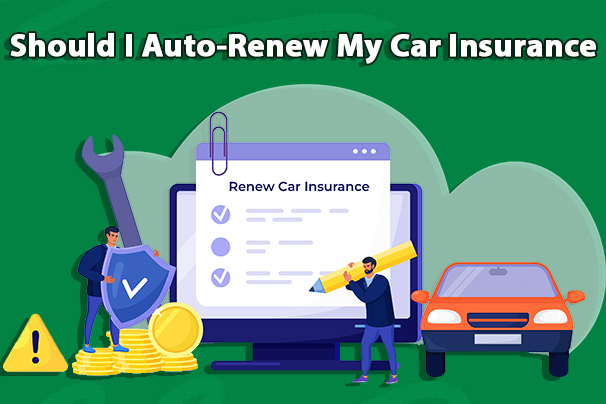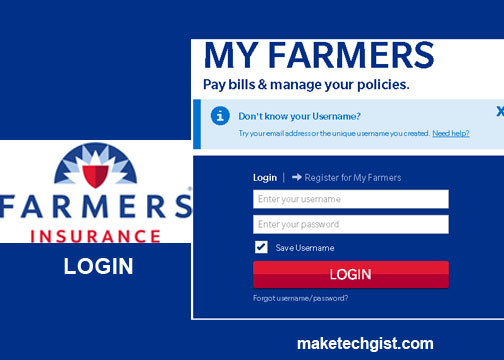Allowing your car insurance to auto-renew is the easiest option, but it may result in missed savings on your rate. When your car insurance policy expires, your provider is likely to auto-renew it for another year unless you notify them not to. Moreover, the benefit is that it is convenient and ensures that you do not break the law by driving without insurance.

However, the real question is if you are still getting good value for funds by auto renewing every year. If your insurer offers an auto-renew quotation for your policy, they will typically send you a letter three to four weeks before the renewal date. Furthermore, insurance providers may charge higher fees for staying with them, even if no policy changes have occurred, potentially resulting in missed savings.
How Do I Know If I Have Auto-Renew In Car Insurance
When you initially receive your insurance policy, you should review the terms and conditions. Moreover, ensure to go over them thoroughly and look for any clauses you didn’t expect to see or comprehend. If you do all this, you might discover that you have an auto-renewal clause in your car insurance.
However, many individuals neglect to do so. Instead, they read and peruse the terms and conditions before slapping a paw print. The law does not recognize ignorance of a policy’s provisions as a defense, as an auto-renewal policy is created upon signing and agreeing to it. Furthermore, your policy should indicate if you have an auto-renewal clause, so read it carefully or contact your insurer to determine if it’s included.
When Should I Auto-Renew My Car Insurance
The best time to consider renewing or switching your car insurance is 18 days before it expires. According to our research, it is when costs are often lowest, so switching around at that time will save you the most money. Moreover, most car insurance contracts have a 12-month renewal period, so set yourself a reminder. Some auto insurance providers also provide expedited plans that last ten months instead of twelve.
When Should I Auto-Renew My Car Insurance
Though you may change vehicle insurance carriers at any time, the policy renewal period might be an ideal opportunity to do so. Here are some reasons why you might consider acquiring auto insurance from another provider:
- Your premium has risen.
- You’re looking for coverage that your firm does not offer.
- Your credit has improved.
- You are dissatisfied with your current provider’s customer service.
- You’re looking for discounts that your insurance carrier does not offer.
Before switching, contact your insurance to see what they can do for you. If the firm does not give adequate coverage or pricing, look for another carrier that is prepared to work with you.
What Affects the Cost of Car Insurance
Your insurance company will consider a variety of factors when determining your rate. The cost of your automobile insurance is determined by several variables, including your driving history. If any of these facts change, it may affect your premium.
Factors affecting your insurance premiums include:
- Your age.
- Your job.
- Your address.
- Annual mileage.
- Model and value of your automobile.
- Driving history, including prior claims or criminal convictions.
You should check with your auto insurance provider to see whether you are required to notify them of any changes related to the above. Furthermore, each supplier will have a unique set of restrictions to follow, so it’s best to check directly.
Why is My Car Insurance Auto-Renew Rate More Expensive
Even if nothing changes, many customers discovered that the cost of their vehicle insurance renewal will be more than their current rate. But starting in January 2022, the FCA implemented new rules to guarantee equitable treatment for both new and existing clients. Additionally, renewing clients will no longer be subject to higher rates from insurers than they would have as new ones.
However, you should still compare prices to get the best deal on your auto insurance. Furthermore, insurance costs vary annually, but insurers are prohibited from charging current clients more than new clients for their coverage.
What Happens If I Don’t Want to Auto-Renew My Car Insurance
You are not required to continue using your present insurance provider. Additionally, you have the freedom to revoke your auto insurance at any moment. Moreover, you can contact your provider and request them not to auto-renew your policy. Once your existing insurance expires, yours lapses or ceases to exist. However, don’t put off changing insurance providers if you intend to do so.
You may be required to pay a cancellation fee if you allow your existing policy to automatically renew and then decide to switch. Furthermore, if your coverage ends before you get a new vehicle insurance policy, you may also take the chance of driving without insurance.
Final Thoughts
Prevent a lapse in coverage whether you decide to renew your auto insurance or go with a different company. When you obtain your policy online, comparing prices, coverage, and quotations is simple. However, if you provide your cell number in online inquiry forms, be ready for the inconvenience of unwanted calls.





